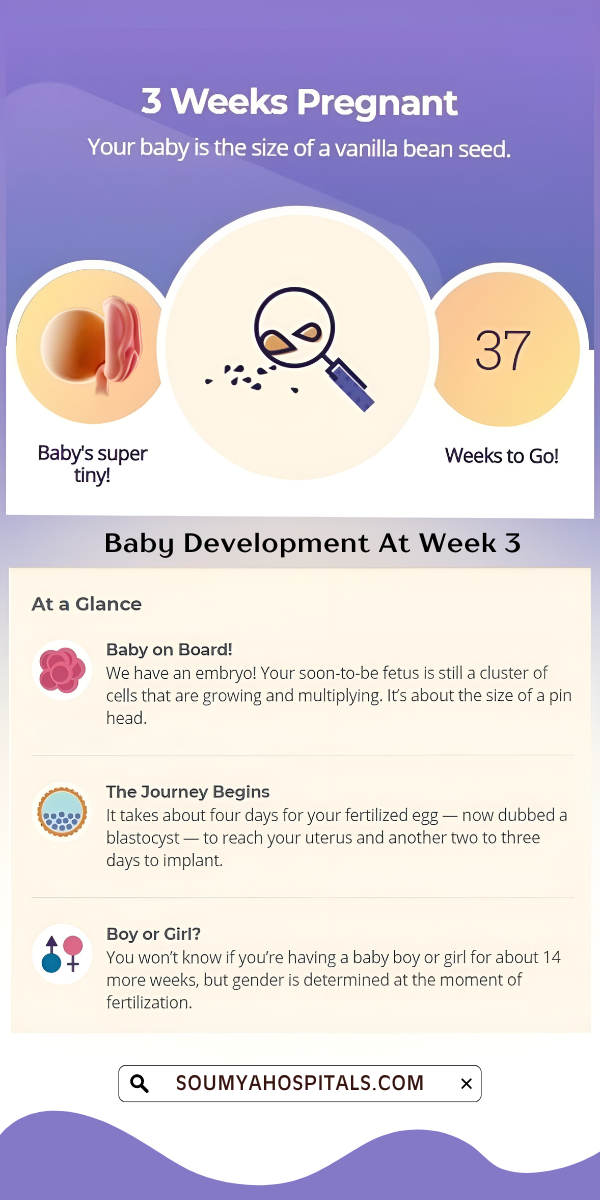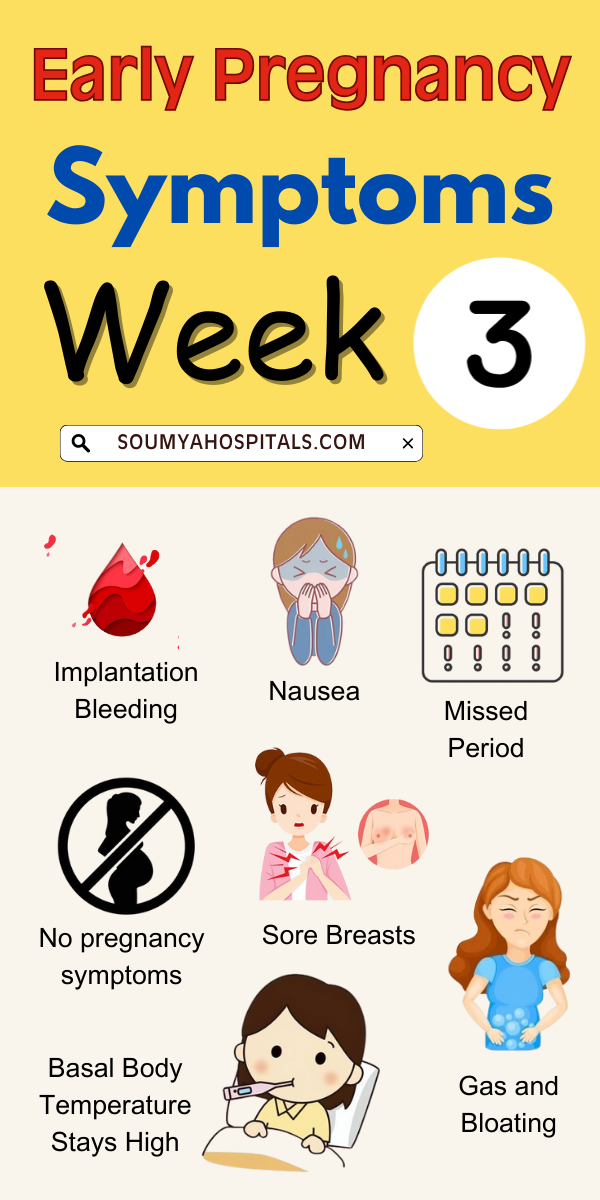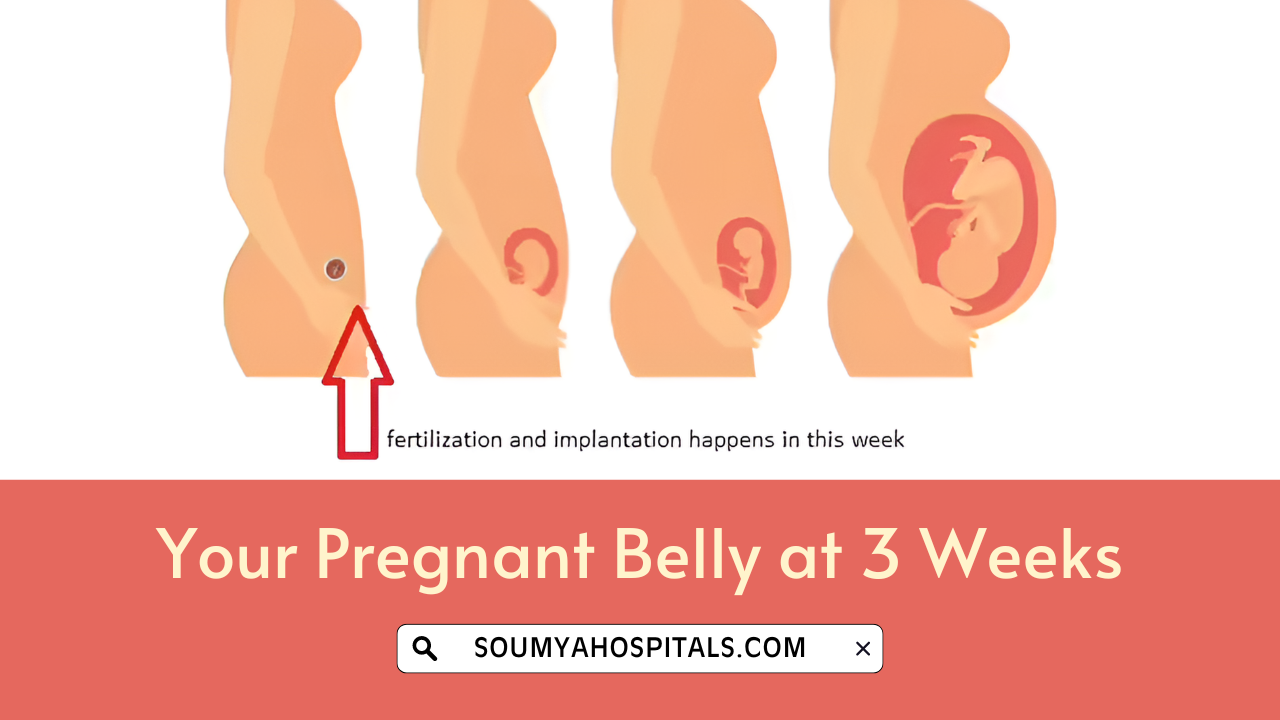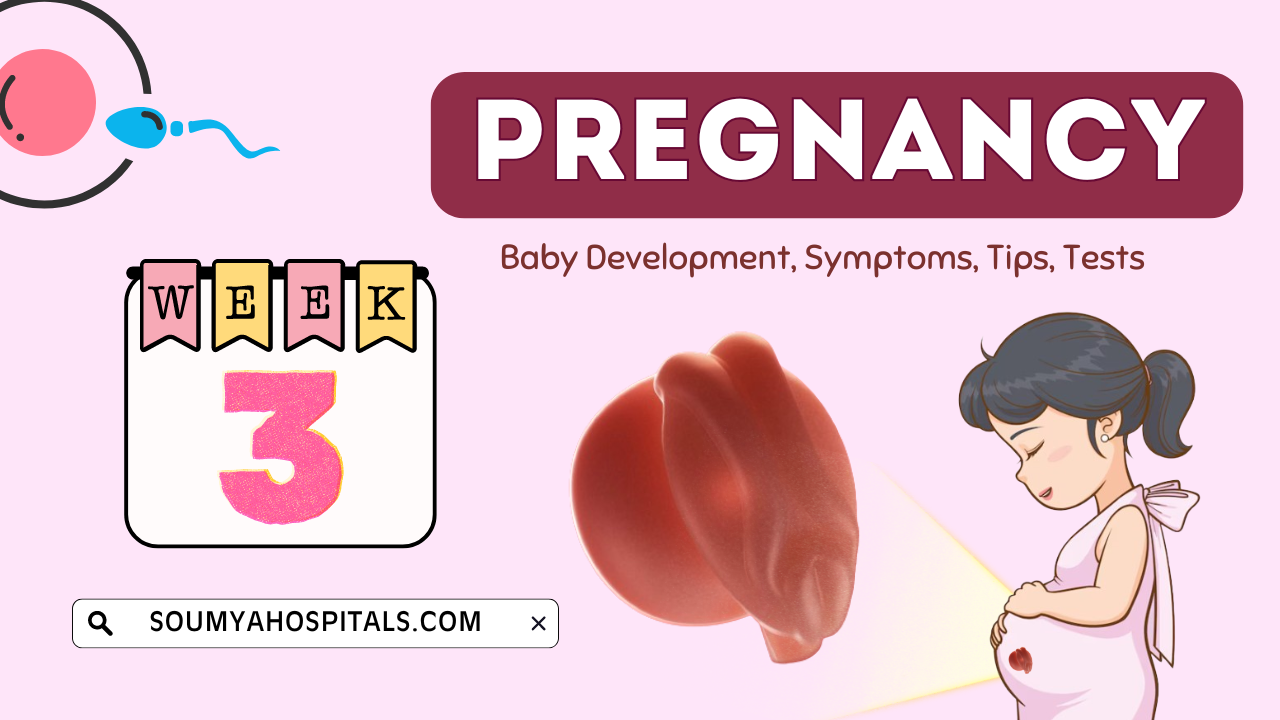Performing First Trimester Screening Tests during Pregnancy is the most crucial one to deal with for getting clarity about the future fetus risks.
Congratulations! You are 3 weeks pregnant already means it is the week when conception happens. When we go through the pregnancy calendar, which starts on the first day of your last period, week 2 of pregnancy is when you ovulate.
Check On: Pregnancy Week By Week
If you participate in sex or artificial insemination at this time, a lucky sperm might fertilise the egg at the beginning of the third week, and the baby’s development process starts.
But even though you may not be officially pregnant, you are unlikely to identify many symptoms and can’t confirm the good news. That’s because most home pregnancy test kits won’t show appropriate results just yet. While few tests can detect pregnancy about 10 days after you conceive, You will get more accurate results about 21 days after conception.
Get to know the highlights of 3 weeks pregnant along with baby’s size, tests, symptoms, pregnancy tests, body changes and so on.
- Highlights of Week 3 Pregnancy
- Early Pregnancy Symptoms at Week 3
- Baby Development in 3rd Week
- Prenatal Tests During Week 3 Pregnancy
- Checklist During Week 3 Pregnancy
- Your Pregnant Belly at 3 Weeks
- Can you feel pregnant at 3 weeks?
- What happens on week 3 of pregnancy?
- Can you feel bloated at 3 weeks pregnant?
Highlights of Week 3 Pregnancy
- Fertilisation has just occurred. That means, you are officially pregnant, but you may not know it.
- Implantation is the next thing you can notice. If you notice a little bit of spotting, it might be an embryo burrowing itself in your uterus. Then again, you may not experience any bleeding or you might think it’s your period.
- If you have been planning to get pregnant, then you might have started making a few lifestyle changes. If not, there’s no time like the present. Make sure you are taking a prenatal vitamin, getting exercise and avoiding alcohol.
- At 3 weeks, you are in your first month of pregnancy
- You have 37 weeks to go
- You are in the first trimester

Learn About: Week 2 in Pregnancy
Early Pregnancy Symptoms at Week 3
When you are 3 weeks pregnant, you can’t see any symptoms. That’s because pregnancy hormones cause most early pregnancy symptoms, and you probably don’t have a very high level of those in your body. Some signs of pregnancy at 3 weeks are here:
Your embryo has already made it to its new home, you may see a bit of spotting as the fertilized egg burrows into the lining of your uterus.
As the pregnancy hormone hCG starts its way through your body, you may notice some feelings of queasiness and nausea so bad it makes you puke.
Morning sickness should be called all-day sickness since it doesn’t discriminate by time of day. If you’re feeling this symptom of pregnancy at this point, you may be further along than you thought.
If your cycle is shorter than 28 days, you may realize toward the end of this week that you could be pregnant.
Some women feel pregnancy even before the test is positive, but most don’t. If you have pregnancy symptoms during 3rd week, then you may feel like PMS. But don’t worry if you haven’t felt anything different yet.
The hormone named progesterone relaxes muscles throughout your body, including in your digestive tract. These relaxed muscles slow down your digestion, which can lead to gas and bloating and create uncomfortable sensations in your gut.
Around half of pregnant women experience constipation at this time during their pregnancy. To keep things moving, stay hydrated and eat high fiber foods like fruits, whole grains and vegetables.
Some women say their sore breasts in early pregnancy are like an exaggerated version of how they feel before a period. Your breasts may feel swollen, tender or tingly and your nipples may be extra sensitive and uncomfortable. In later days, you may notice nipples getting darker.
Basal Body Temperature Stays High
If you are tracking your temperature, it should stay elevated this week. Use a basal body temperature to take your temperature after you wake up in the morning, before you get out of bed.

Baby Development in 3rd Week
After conception, your baby is not an embryo. Instead, it is considered a zygote. At this time your fertilised egg begins to divide into multiple cells, and those cells divide as well, this process is called mitosis. Cell mitosis takes place over 3 to 5 days, as your zygote passes through your fallopian tube.
Once the zygote reaches your uterus, this little cluster of cells becomes a blastocyst. At this stage, more cell division takes place, and your blastocyst takes a ball-like shape. Finally, about 5 to 6 days after fertilization the blastocyst implants itself into the uterus.
Prenatal Tests During Week 3 Pregnancy
Here we are providing the complete details about the prenatal tests to be performed during 3 weeks pregnant.
It is a urine test that is performed at least 3 weeks after missing the period. The test results may not be accurate as it is too early to take the home pregnancy test. The amount of pregnancy hormone hCG in your body might not be sufficient for the test to detect right away but it doubles every 48 hours.
If you get negative results, then take another test in the later days for accurate result.
In some cases, such as if you are at risk of miscarriage or ectopic pregnancy, your doctor may recommend a blood test. Blood tests can detect smaller amounts of hCG than urine tests can. So you may find that you are pregnant sooner with a blood test rather than with the home pregnancy test kit.
Checklist During Week 3 Pregnancy
Pay attention to your emotions
If are willing to know whether you are pregnant or not, it can be anxious. Talk to your partner or a trusted friend if you are feeling stressed or worried. Or, try to note down everything that’s worrying you. Journaling can improve your emotional well-being, mental clarity, and even physical health.
Hot baths are okay during pregnancy as long as they are not too hot. But avoid steam baths, hot tubs, and saunas. Elevated body temperature, especially early in pregnancy, has been associated with an increased risk of neural tube defects in babies.
While you are trying to conceive and once you are pregnant, experts recommend limiting caffeine to about one cup a day. It’s important to watch your caffeine intake because having too much can affect your pregnancy and your baby. See how much caffeine is in different foods and drinks so you can stay under the recommended daily limit.
Eat nutritious meals and snacks
Eat pregnancy-safe foods such as fruits and vegetables, low-mercury fish and whole grains. Choose foods containing vitamin C such as strawberries, bell peppers, citrus fruits, and tomatoes, and iron foods like beef, poultry, soy products and spinach and calcium.
If you need help quitting smoking, drinking alcohol or taking drugs, talk to your healthcare provider and ask for a counselor.
When pregnancy related sleep problems hit in a few months, be ready to face them. Create better sleeping habits and work on them like establishing a regular bedtime routine and making your bedroom a sleep sanctuary.
Make sure your work and home safe
Some jobs can be hazardous to you and your baby. If you are routinely exposed to chemicals, loud noises or radiation at work, or if you have to be on your feet constantly or lift heavy objects, talk to your provider about how to stay safe while working during pregnancy.
Your Pregnant Belly at 3 Weeks

You may be excited to start noticing something different about your appearance, but at 3 weeks pregnant, a belly isn’t really a thing. Though you may feel a bit bloated, most pregnant women don’t start to show until around 12 weeks or later. So, you have a lot more time to look pregnant.
Before you start eating of two, know that doctors only recommend most women gain a total of 1 to 5 pounds weight in the first trimester. So you don’t have license to start majorly indulging at this point.
In fact, you shouldn’t really do anything different except try to eat a healthy, diet food and take a daily prenatal vitamin with at least 400 micrograms of folic acid in it. Doctors don’t recommend increasing your daily calorie intake until the second trimester. Once you reaches week 14, you have to take 300 calories per day.
Learn About: Week 4 in Pregnancy
FAQS on 3 Weeks Pregnant
1. Can you feel pregnant at 3 weeks?
Some people feel pregnant by noticing the symptoms at week 3. But some people feel no difference at all at this early stage.
2. What happens on week 3 of pregnancy?
During week 3 of pregnancy, cells are multiplying and burrowing into the lining of your uterus. The blastocyst will attach itself to the endometrium, the lining of the uterus. The implantation in the uterus creates an essential connection, the endometrium provides the developing embryo with nutrients and removes waste.
3. Can you feel bloated at 3 weeks pregnant?
Yes, you may feel gas and bloating at 3 weeks pregnant.
Conclusion
Hoping that the data enclosed here about 3 weeks pregnant are useful for you. We have covered symptoms, baby development and your body at pregnancy of 3 weeks. Get to know more details such as common tests and foods to be taken during pregnancy.
